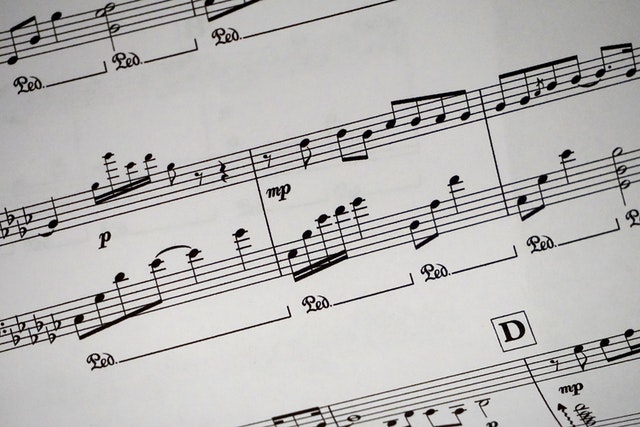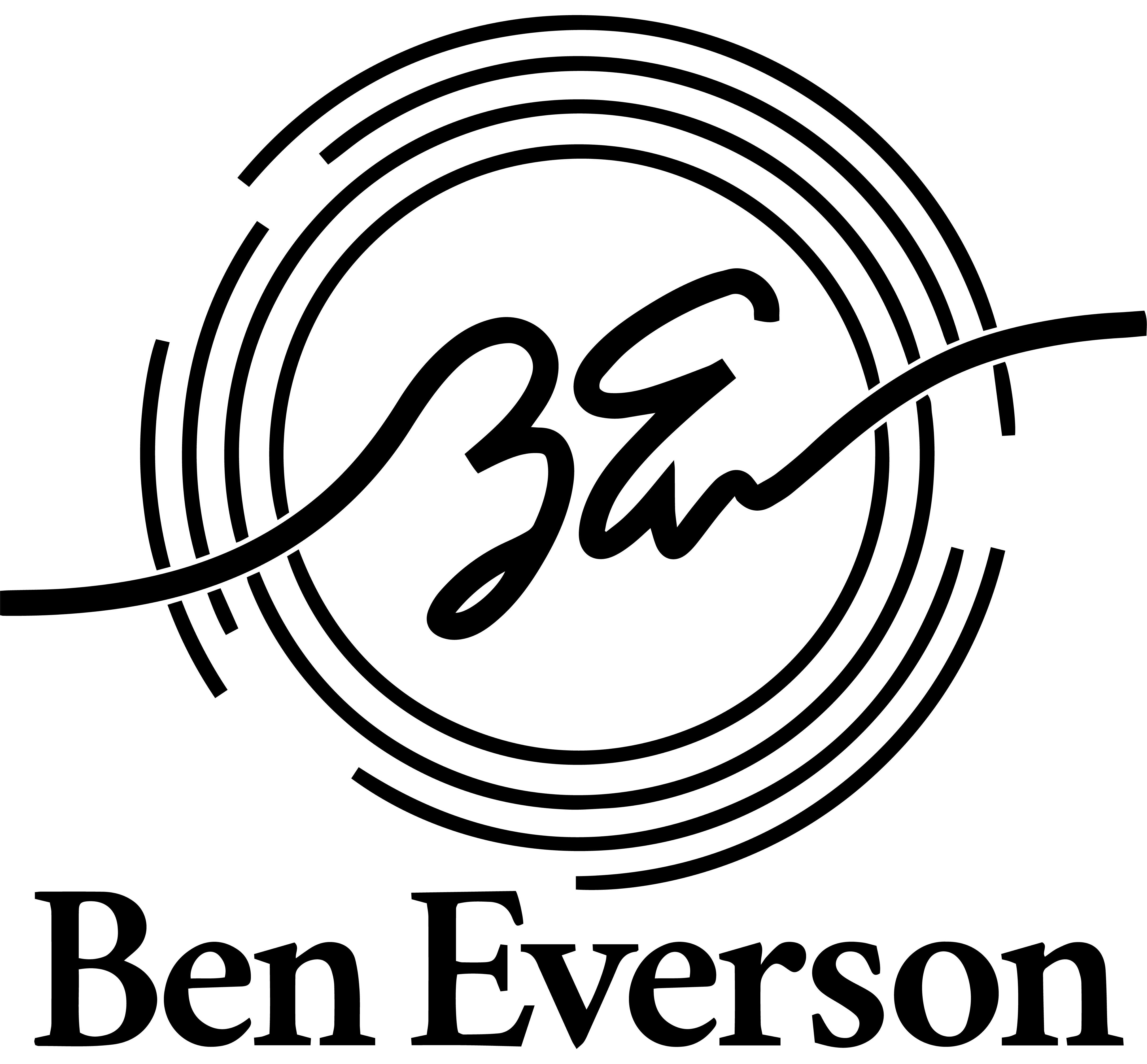
Music & Worship
By Dr. Dana F. Everson
With so many opinions about worship methodologies and music styles being championed today, how can the believer know which approach is right, especially with an issue as volatile as the music we use for worship?
Scripture Demands Discernment
The book of Psalms is a book of musical worship. The psalmists constantly connect music with prayer and praise to God. In Psalm 28:7, David writes: “The LORD is my strength and my shield; my heart trusted in him, and I am helped: therefore my heart greatly rejoiceth; and with my song will I praise him.” If music is part of our praise to a holy God, then we must ask some heart-searching questions regarding our musical choices:
- Is music only a fringe issue, or does God have something to say about musical styles and functions?
- How are music and worship interrelated?
- Is music wholly subjective, or are there some absolutes to be considered?
These questions indicate the need for serious study and the production of a biblical theology of music that goes beyond preferences, traditions, and tastes.
5 Practical Reasons for Developing a Theology of Music
In addition to Scripture’s requirement that we present ourselves as holy and acceptable sacrifices unto God (Romans 12:1), the practical reasons for generating a biblical theology of music are five-fold:
- To assist the pastor (or any believer) in recognizing the potential influence of music in both individual lives and corporate worship.
- To clarify the believer’s position regarding biblical music standards.
- To enable believers to recognize and reject music that may reflect anti-Christian values.
- To encourage genuine creativity among Christian musicians.
- To assist believers in applying biblical principles of character and behavior to music choices.
Two Assumptions
Undergirding these five practical reasons are two assumptions:
- That a Christian desires to please God in all things, including music (I Cor. 10:31) and that he desires to know how God wants to be worshiped with music.
- That God’s Word includes the truths required in order to build a practical philosophy of music (II Pet. 1:3).
The pastor and other Christian leaders must be especially vigilant to identify destructive philosophies and to offer authentic creativity in the use of the arts in sacred settings. In our next post, we’ll look at how modern culture has undermined biblical teaching in the area of music and what that means for the Christian.

Music & Worship
Participation in musical listening, performance, and composition can enhance several areas of character. Here, with a simple definition for each, is a short list of such traits.
1. Self Discipline = The mastery of one’s mind and emotions so that a specific goal can be accomplished.
“Practice makes perfect” is true if it is given some qualifications: “[Careful, intelligent, purposeful] practice makes [great strides toward being] perfect.” Even the most gifted can improve.
2. Responsibility = Completing tasks in a dependable fashion in order to contribute to the needs of others. This is critical for musicians in an ensemble!
3. Attentiveness = An awareness of the environment and a readiness to respond to needs, problems, and direction given by authorities. Performers must work as a team under the direction of a conductor or in cooperation with an accompanist. Attention to details is also a requirement for the soloist.
4. Sensitivity = An alertness and response to the details of others’ needs or suffering. Musicians who play to uplift and minister to others will find many of their own needs met in the process.
5. Diligence = Determination of effort to finish a project. If it’s worth starting, it’s probably worth finishing. The words practice and musician are almost synonymous.
6. Discernment = The ability to make precise comparisons and distinctions even among similar things. The musician has many opportunities to develop skills both in listening and in performing. (For example: intonation, minute dynamic changes, rubato, and a host of other expressive gestures) The smallest accent can become of major importance in the interpretation of a melodic line and can, thus, create a different meaning. Discernment is needed both in the understanding and performing of music.
7. Creativity = The ability to think through situations or problems and provide legitimate solutions. The best music stirs the imagination. The intricacies of even the shortest pieces by Bach, for example, command appreciation and stimulate creativity in the listener and performer.
The Lord Jesus Christ is the perfect model for all of these traits. Colossians 2:3 says, “In whom are hid all the treasures of wisdom and knowledge.” Only the Holy Spirit working in a person can bring these traits out in the life, but He uses many different tools. One of those tools is the development of the creative arts in a person’s life. A musician who dedicates himself to God as well as the music being performed can become a mighty vessel to honor the Lord. First Corinthians 10:31 says, “Whether therefore ye eat, or drink, or whatsoever ye do, do all to the glory of God.”

Creativity, Teaching
My eyes are shaking … my energy is low … this is the last hour of the day for teaching private lessons … what do I have to give to this student? … the last 3 students sounded like one long blur … I am running on empty! Didn’t I say the same things to the last 5 students? … ( “Watch your pedaling” … ” don’t rush ” … ” exactly what key ARE you in? ” ).
Ah yes! I can tell many of you have been there, too! You get the “stales ” and the “drowsies” and keep checking that slow, torturously slow clock. Surely it ‘s been 20 minutes … no, only 7. What to do? What to do?
Here are a few suggestions, with minimal commentary, that might be beneficial for you before your tackling your next teaching week:
- See each student for his or her POTENTIAL, not for their present playing level. -You may have to use your imagination for some, but it can be a great motivator. Motivating the student is half the battle in teaching. Those that come with pre- packaged motivation are fun to teach, but discipline yourself to see every student improve in some way each week.
- Plan ahead. – Anticipate the problems of your own tiredness or doldrums and counter-attack with better personal scheduling of meals (sugar highs and lows), rest, and mental focus.
- Vary the lessons. – If the lesson usually starts with scales, end with scales. If you can temporarily move to a different piano or location, try that. If you mark on the student ‘ s music with a red pencil, try green. Get out of the rut without losing the consistency of regular lessons and practice times. Just change things around once in a while. Often a change is as good as a rest.
- Keep your own listening and playing alive. – When have you last sat still long enough to enjoy a full recital/concert or at least a full recording by a fine artist for your own musical edification? What new pieces have you sight read or explored recently?
- Ask the student to teach you. – Play the piece and ask for ways he or she thinks the music could be improved. Make your students think and speak. Deliberately play a wrong note here or there, but mainly focus on musicality and expression.
- Tape-record your lesson time.- You may be pleasantly surprised at how your doing, OR, you may discover some faults and be able to take some creative corrective action.
- Be there. – The former president of the college where I teach has often reminded the faculty to “be where you are”…in other words, give full attention to your responsibility for that 30 or 60 minute time slot.
- Humor the lesson.- That is, don’t be afraid to carefully and appropriately include viewing life and music from humorous viewpoints. This will lift you and your student out of the occasional doldrum dungeons.
- Keep current while maintaining the basics. – Visit the best websites (such as Piano Pedagogy Plus), investigate the professional organizations that are available, and develope professional relationships with others who can trade ideas and encouragement with you.
- Take a walk and spend some time kicking stones.



